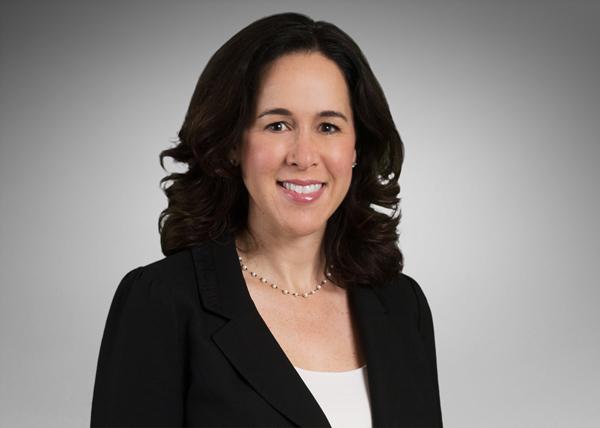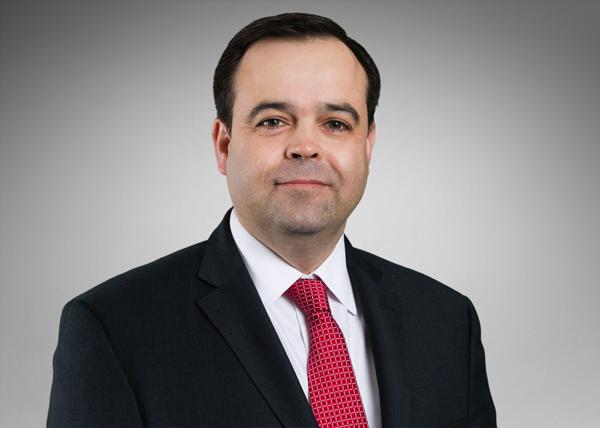Law.com featured Covington’s representation of Ukraine, accusing Russia of breaking U.N. law by invading Ukraine and using the 1948 U.N. treaty as justification for bringing the case in the Hague-based International Court of Justice, the principal judicial organ of the United Nations.
David Zionts, according to the article, “sought to establish what he described as the ‘factual context’ behind Russia’s allegations that Ukraine had committed genocide on Russian speakers in the eastern Donbass region of Ukraine since Russia’s annexation of Crimea in 2014. Describing those claims as false and outrageous, he said: “Russia’s claim is that a genocide has occurred under the noses of diligent UN factfinders, OSCE monitors and ICC prosecutors.”
Marney Cheek established that Ukraine had a right under the 1948 convention not to suffer war crimes and crimes against humanity as a result of Russia’s “misuse and abuse” of the treaty. She said, “Ukraine’s rights are at least plausible and grounded in a possible interpretation of the Convention, which is all that the court must find at this stage for provisional measures to be appropriate.” She added that Russia had “abused and misused” its rights and duties under the genocide treaty as a “legal shield” for its unlawful invasion of Ukraine.
In his comments to the court, Jonathan Gimblett recognized the Ukrainian population’s urgent need of court protection and emphasized that Russia’s military operations had triggered a military, humanitarian, and environmental crisis of a scope not seen on the continent since 1945. He added that these humanitarian and environmental consequences satisfied the conditions of “irreparable harm and urgency” that must exist for the Hague court to order provisional measures.
Click here to read the full article.
Back
Back






